South Africa Clarifies Policy Stance Amid Starlink-Related Reforms, Denies Special Privileges
- by JOHN, JOHANNESBURG, RNG247
- yesterday
- 45 views
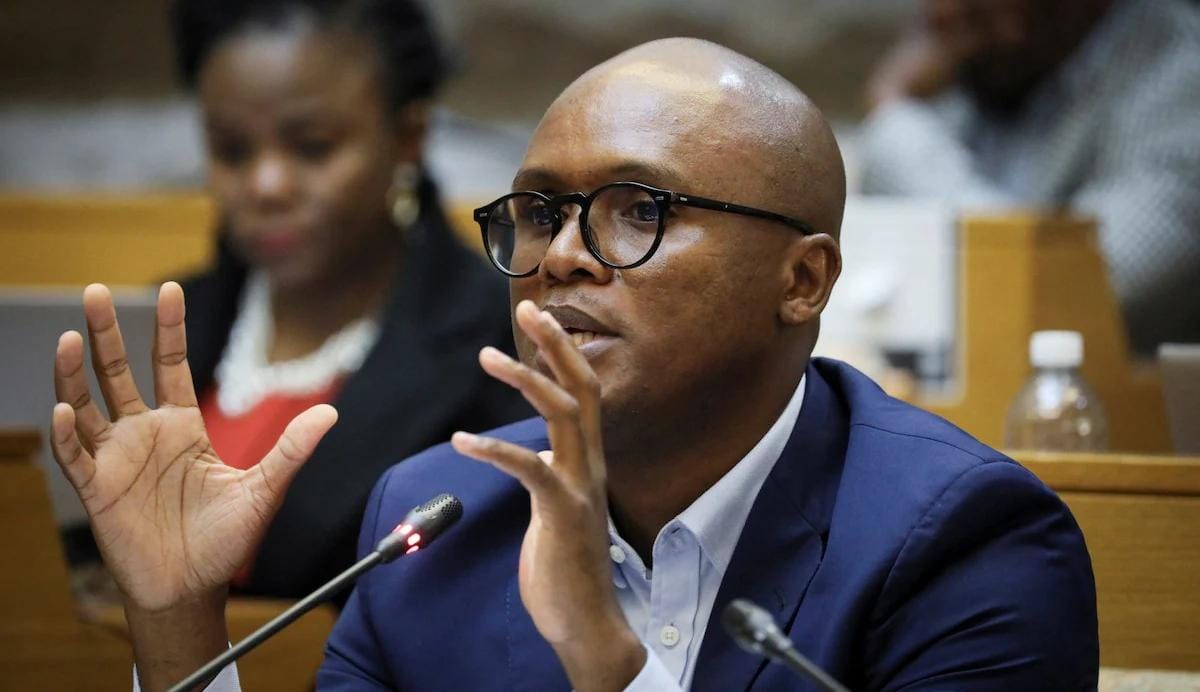
In a move that has sparked debate across the political and business spheres, South Africa’s government has reiterated that its recent policy revisions are not tailored to benefit Elon Musk’s Starlink or any specific foreign company. The assurance comes amid growing speculation that the country might be softening its longstanding Black economic empowerment (BBBEE) legislation to accommodate new digital infrastructure investments.
Communications Minister Solly Malatsi addressed parliamentary concerns on Tuesday, emphasizing that South Africa remains committed to its transformation agenda. The recent policy adjustments, published last Friday, relax certain equity ownership requirements for communications firms, including Starlink’s parent company, SpaceX. Instead of the existing mandate that mandates companies to sell 30% of local subsidiaries to historically disadvantaged groups, the new guidelines recognize contributions towards digital infrastructure development as a valid form of investment.
The timing of these changes has drawn scrutiny, especially considering President Cyril Ramaphosa’s recent visit to the United States, where he met with former President Donald Trump. During that trip, South Africa sought to foster stronger economic ties, with negotiations reportedly touching on opportunities for foreign businesses, including Musk’s ventures. Prerogatives around these talks have led some critics to question whether the reforms are a strategic concession to foreign investors.
Addressing these concerns, Malatsi explicitly denied that the government was granting special treatment to Starlink or any other company. “We are not attempting to open a special dispensation for Starlink or any other company or individual,” Malatsi asserted before the parliamentary committee. He reaffirmed that transformation remains a fundamental and non-negotiable principle in South Africa’s development framework, aimed at rectifying historical inequalities rooted in colonialism and apartheid.
The new policy proposals, part of Malatsi’s broader initiative on “equity equivalent” programmes initiated last year, seek to accelerate broadband access and attract multinationals that struggle to meet local ownership targets. The government’s rationale is that investments in digital infrastructure, which transcend traditional ownership requirements, can serve as meaningful contributions under transformation laws.
Starlink has been notably vocal about these reforms. SpaceX wrote directly to South Africa’s telecommunications regulator criticizing local shareholding laws, while expressing support for the concept of “equity equivalent” programmes. However, opposition lawmakers and members of parliament’s communications committee have questioned the timing of the policy draft, suggesting it appears to be a reaction to Ramaphosa’s recent engagement with Trump.
Malatsi insisted that the proposed policies align with existing empowerment legislation and that his department aims to publish a final draft by the end of May. “There is no underhand effort… to railroad this into the South African public,” he said. As with other sectors, the country’s Black empowerment laws apply broadly but have sector-specific ownership requirements, especially in industries like telecommunications.
While critics remain wary, the government maintains that its reforms are part of a strategic effort to foster inclusive economic growth without compromising core transformation principles. As the debate continues, the administration underscores its commitment to balancing foreign investment with domestic empowerment objectives, ensuring that South Africa’s developmental priorities remain central.




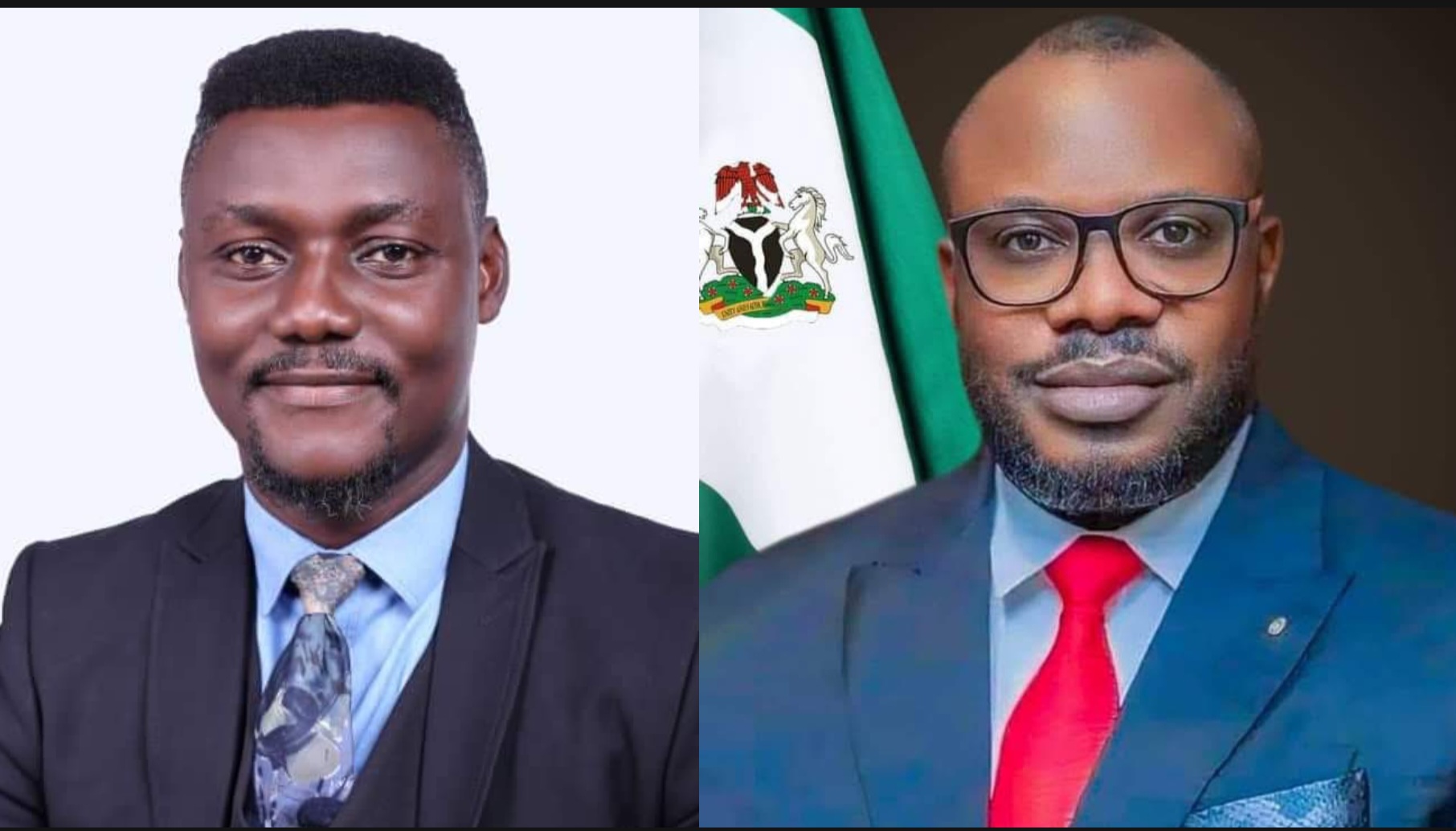
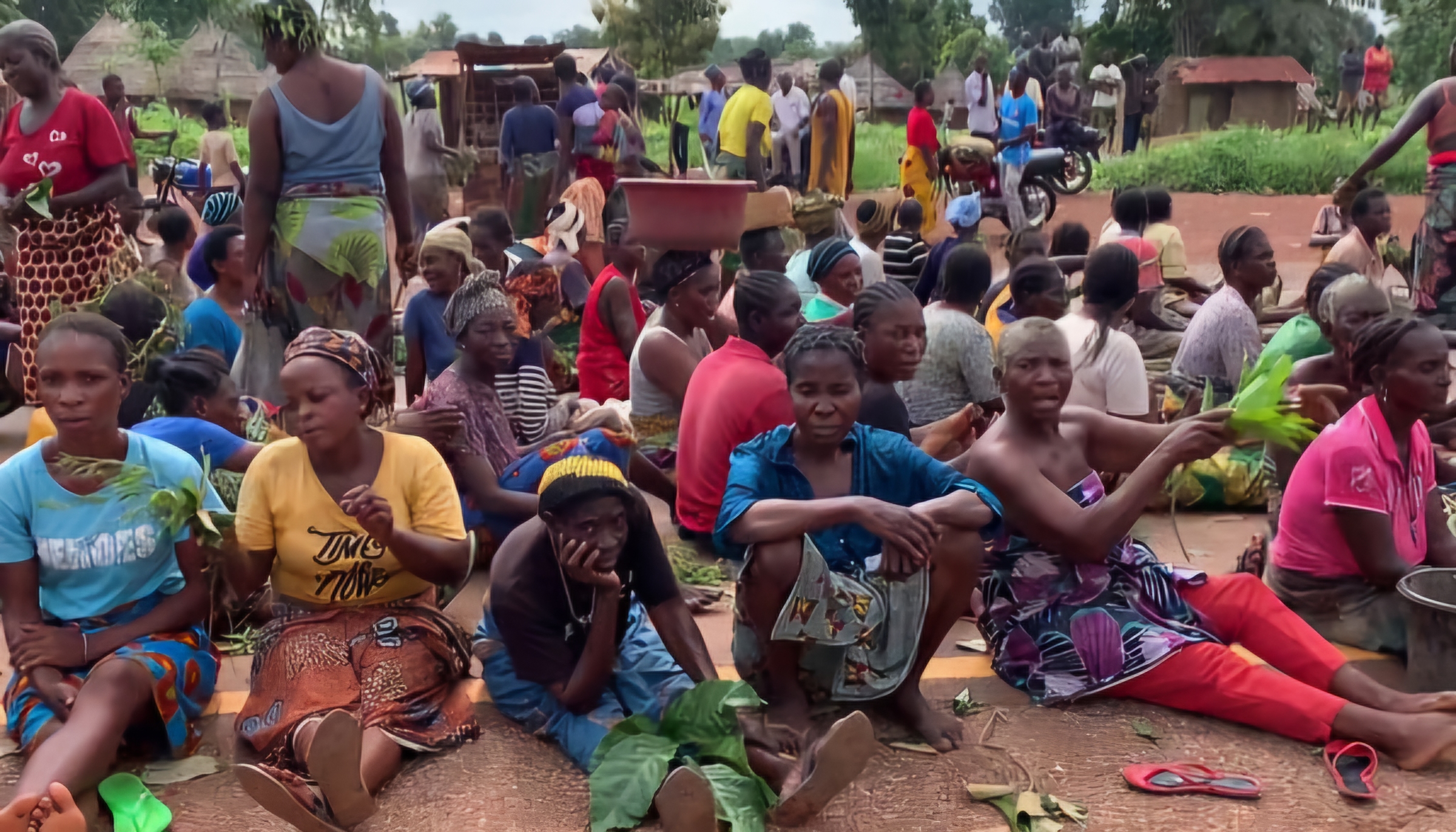
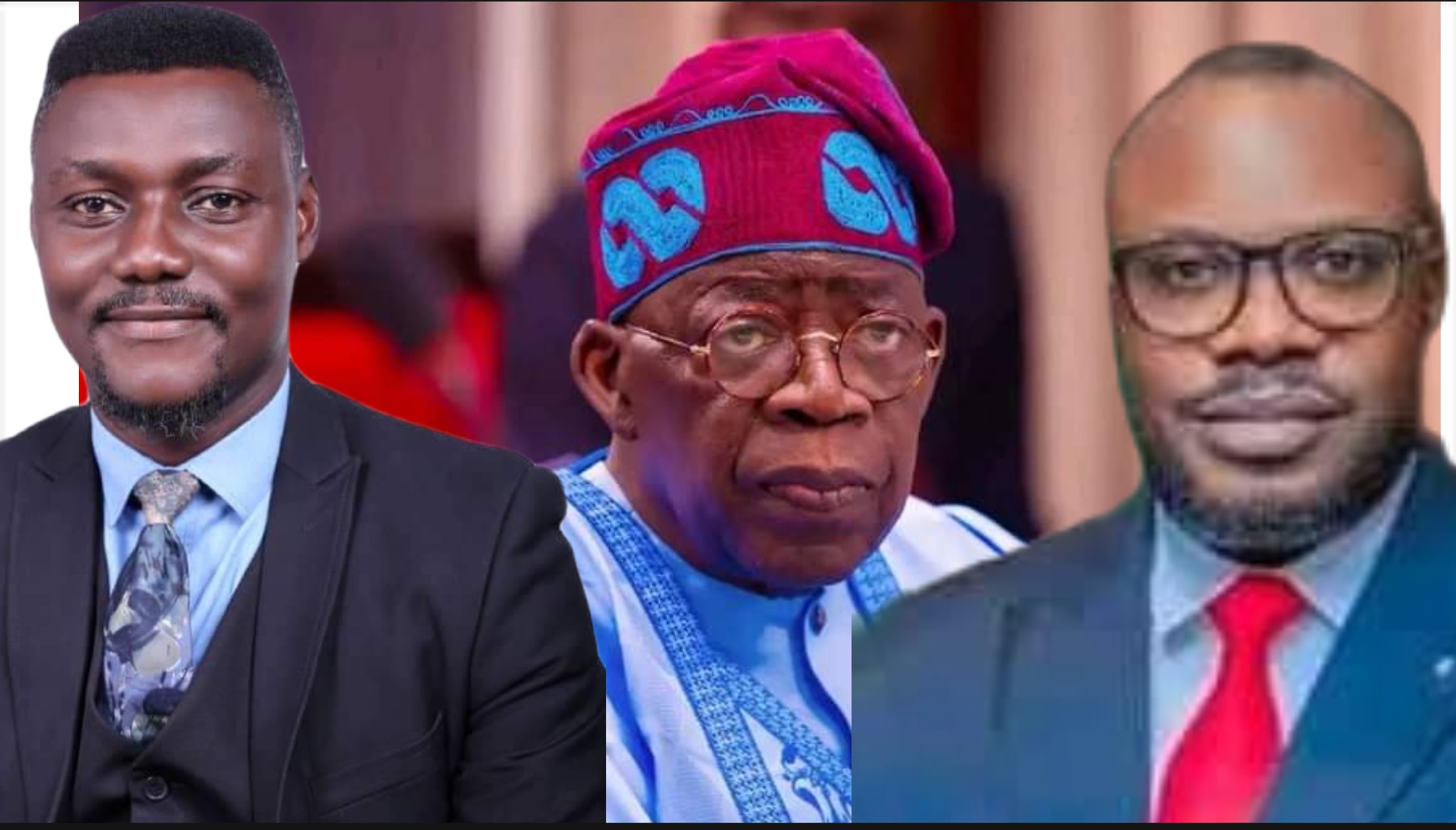
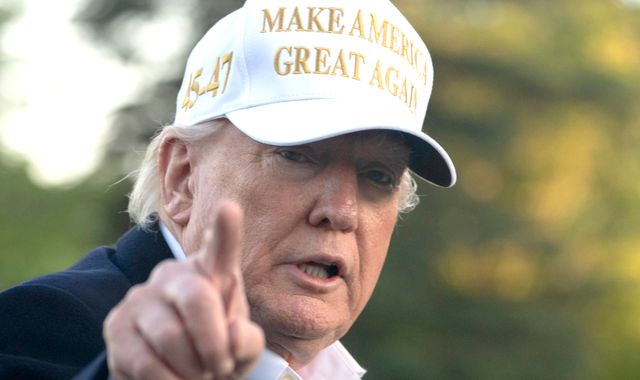

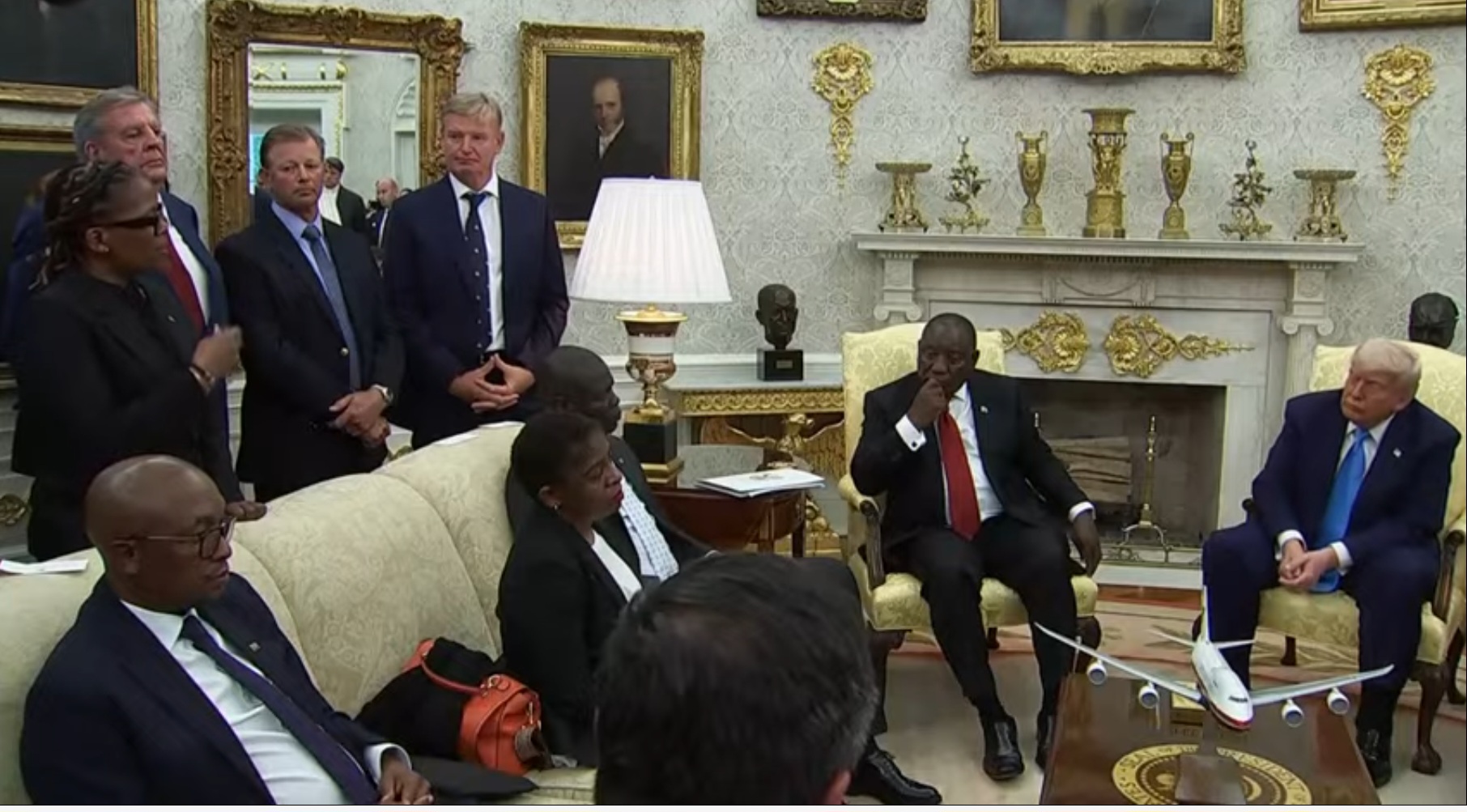
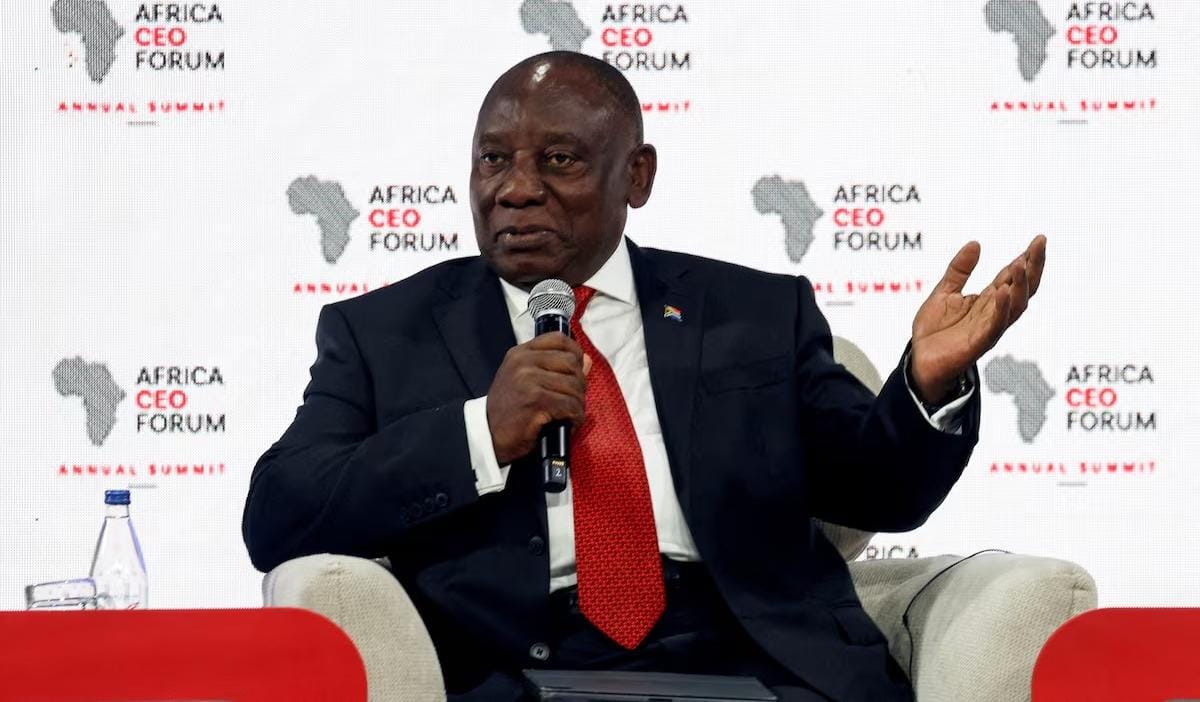


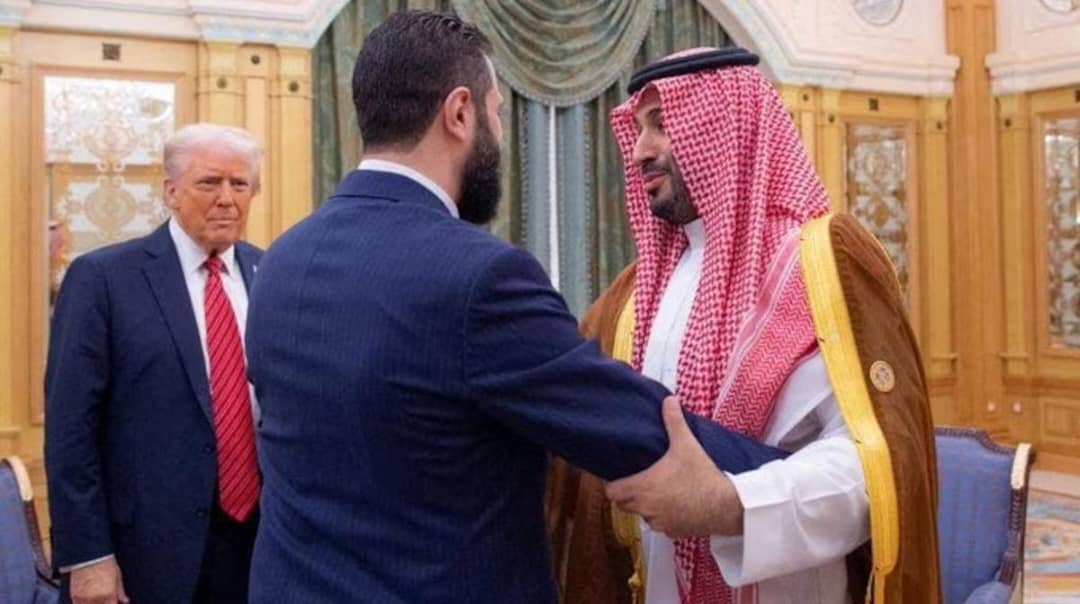
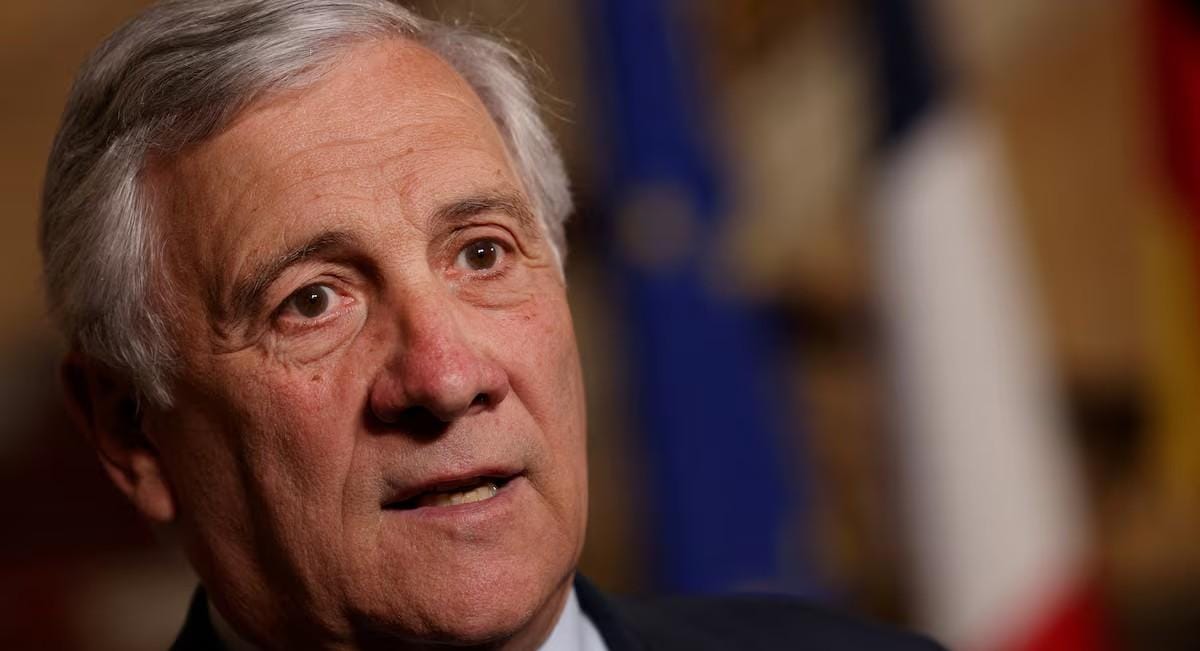

0 Comment(s)